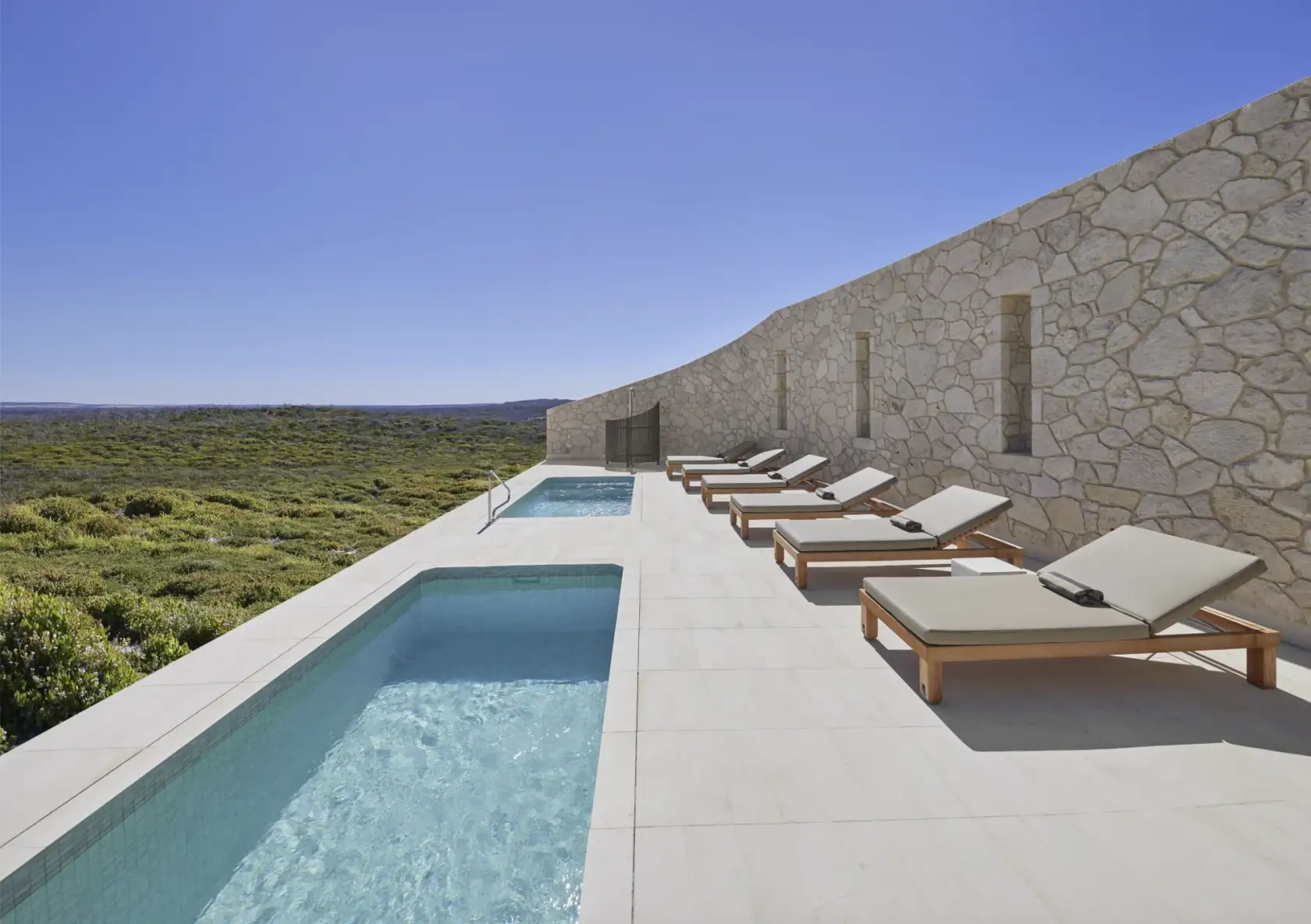

How To Create An Environmentally Friendly Pool
Environmentally friendly is a broad term used to describe materials and practices that relate to our climate. But it can be tricky to know what that actually means when it comes to environmentally friendly swimming pools. Does a pool qualify if it isn’t more environmentally friendly than your next-door neighbours? Does it have to improve the environment somehow? Is it okay if your pool is simply ‘not that bad’ for the environment?
In this post, we’re going to be looking deeper into what actually constitutes an environmentally friendly pool. What makes them environmentally friendly, what can be done to improve their sustainability, and what the benefits of these swimming pools are to you.
The Cornerstones of an Environmentally Friendly Pool
When we say ‘environmentally friendly pool’, the term essentially refers to two key principles: energy efficiency and water conservation. But there’s another way to tell if your pool is environmentally friendly; that’s by checking if your equipment is Climate Care Certified. This certification can act as a guiding light on what is and isn’t up to the current environmental standard.
Energy Efficiency
The first aspect to consider when transitioning your pool into an eco-friendly haven is energy efficiency. Much like how certain vehicles are designed to optimise fuel consumption, an energy-efficient pool system is engineered to use less power. This involves all the operations necessary to keep your pool in top shape, including heating, water circulation, and cleaning mechanisms. A system that performs these tasks using less energy not only reduces your carbon footprint but also leads to significant cost savings in the long run.
Water Conservation
Water is undoubtedly the star of the show when it comes to swimming in in-ground pools. However, an eco-friendly pool aims to celebrate water not just by providing a refreshing dip, but also through the efficient management and use of this precious resource. This involves strategies to reduce water evaporation, minimise potential leaks, and implement water-saving cleaning methods.
The Goal of an Environmentally Friendly Pool
To create a sustainable pool doesn't just mean being 'less bad' than conventional alternatives – or slightly better than your neighbour's pool. It's about taking significant steps towards reducing environmental impact. In striving for sustainability, we aim to create a swimming experience that harmonises with nature. In the following sections, we'll explore concrete ways to transform your pool into a sustainable oasis.
Ways to Create an Environmentally Friendly Pool
As we understand the fundamentals of an eco-friendly pool, it's time to delve into actionable steps you can take to transform your pool into an environmentally friendly one.
Solar Pool Heating
Solar pool heaters harness the power of the sun, one of the most sustainable energy sources available to us. These systems are designed to absorb sunlight and convert it into heat, keeping your pool at a comfortable temperature without relying on conventional, energy-consuming heaters. This technology is getting cheaper by the year and the long-term energy savings make this a worthy investment.
Energy-Efficient Pool Pumps
Much like the heart in our bodies, the pump is essential for circulating water in your pool. Energy-efficient pool pumps are designed to perform this task using less power. They can vary their speed based on the pool's requirements, leading to significant energy and cost savings over time.
Pool Covers
A simple but effective strategy for water conservation is using a pool cover. Pool covers reduce the rate of water evaporation, which not only conserves water but also reduces the need for constant heating, given that a significant amount of heat is lost through evaporation.
LED Lighting
LED lights consume significantly less power than traditional pool lights. Switching to LED not only cuts down on your pool’s energy usage but also offers a longer lifespan, reducing the frequency of replacement.
Saltwater Systems
Another option to consider is converting your pool into a saltwater system. Saltwater pools are gentler on the skin and eyes, and they require fewer chemicals than traditional chlorine pools, reducing the environmental impact associated with pool maintenance.
Buying Climate Care Certified Equipment
One of the simplest ways to guarantee that your pool is reducing its environmental burden is by ensuring that each piece of new equipment you buy is Climate Care Certified. This certification provides you with a list of sustainable products, systems, and installations where they have been proven to reduce energy and water consumption, as well as noise and more.
Each of these steps can help you to create an environmentally friendly pool, making your backyard oasis more in tune with nature and significantly reducing its environmental footprint.
The Long-Term Benefits of an Environmentally Friendly Pool
Choosing to create an environmentally friendly pool isn't just a decision that benefits the planet. It also offers substantial long-term benefits to you as a pool owner.
Cost Savings
Though some eco-friendly measures might involve upfront costs, they often lead to significant savings in the long run. Solar heaters, energy-efficient pumps, and LED lighting, for example, can drastically reduce your pool's energy consumption, resulting in lower electricity bills. Similarly, using a pool cover to reduce evaporation can decrease the amount of water your pool uses, leading to lower water bills.
Lower Environmental Impact
When you choose to operate an environmentally friendly pool, you're reducing your carbon footprint and contributing to the conservation of natural resources. Whether it's through energy-efficient equipment or water conservation techniques, each step you take makes a positive impact on our planet.
Enhanced Pool Longevity
Environmentally friendly practices often coincide with measures that enhance the longevity of your pool. For instance, using fewer chemicals can reduce the wear on your pool's surface and equipment. Energy-efficient pumps and heaters are also typically designed to last longer than their conventional counterparts.
Improved Health and Comfort
Eco-friendly pools can also provide a more comfortable and healthier swimming environment. For instance, saltwater pools are gentler on the skin and eyes than traditional chlorine pools.
An environmentally friendly pool is a rewarding investment. It presents an opportunity not only to swim in harmony with nature but also to enjoy long-term benefits that extend beyond just cost savings. If you’re in need of a professional to install any environmentally friendly pool equipment, you can find a provider on our website.
